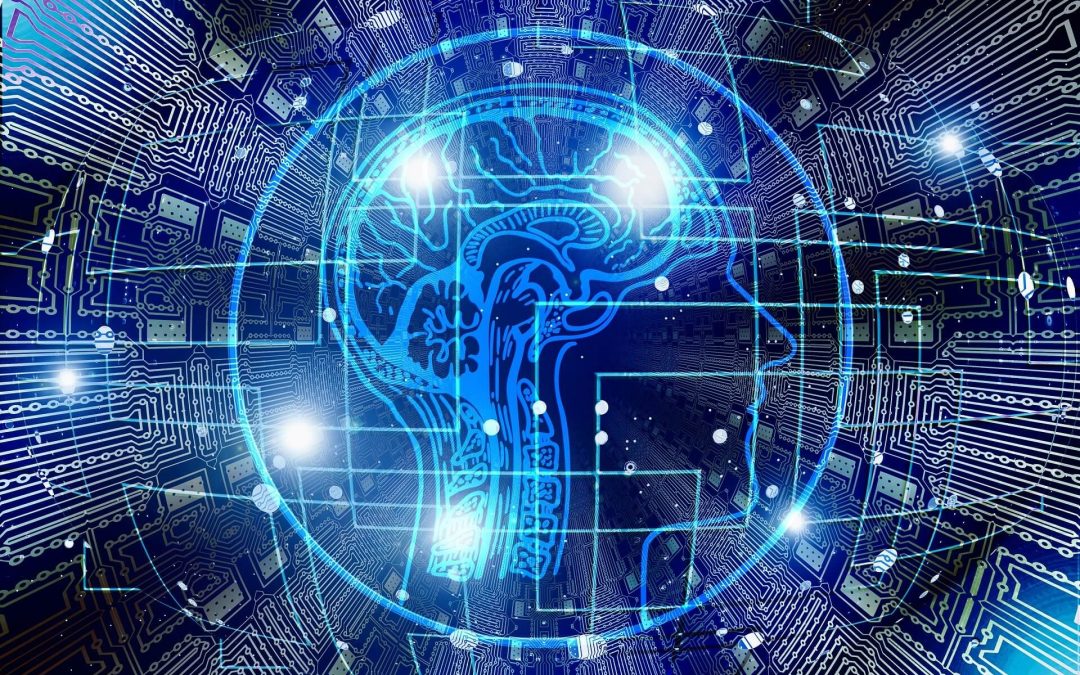As our society becomes more and more “civilised“ we become more and more future-focused. We focus only on technological advancement and what is the next best thing. Forgetting about our past and specifically our beginnings, we run the risk of losing sight of valuable hard-learned lessons and information. In this article, I would like to discuss the role our past plays in our future as well as our present.
First of all, there is the obvious adage of “those who forget the past are destined to repeat its mistakes”. It is clear in society today that we are making many of the same mistakes we have made in our past, falling into the same old pitfalls of delegation, responsibility and authority to tyrannical leaders who are only too happy to take on that responsibility, for a price. Delegating responsibility to tyrannical leaders often comes at the cost of freedom, whether it’s freedom of speech, freedom of thought, or historically freedom to exist. A high-resolution image of our past is vital to ensure we do not fall into the same traps that laziness, greediness and Fear set before us.
Our brains love automated patterns.
It’s what allows us to be so quick thinking and reactive to immediate danger. While this serves as a vital survival mechanism in our journey through life, particularly in the lives of our ancestors who faced immediate and life-threatening danger daily, where immediate action/reaction was vital to avoid death. These automated patterns become formulated not just throughout our own lives but also in the lives of previous generations. For example, as human beings, we have a system in our brain known as Paradoia, this system causes our brain to seek out patterns and shapes in seemingly chaotic backgrounds.
Have you ever walked down the hall of the hotel with that ghastly wallpaper and picked out a face in the wallpaper, or been walking through a forest and seen the shape of an animal in the trees? We’ve all lay on our backs and gazed up at the sky picking out shapes in the clouds as they drift overhead. This ability is the remnant of an ancient system designed to help us detect predators in our environment. This is an example of how our experiences not just across our own lives but the lives of previous generations shape our view of the world and our immediate environment. These paradigms through which we filter information daily allow us to make decisions and formulate responses to the information we take in. Sometimes this can be a very helpful process – such as when faced with a tiger. However, sometimes these automatic paradigms force us to make decisions or react in an illogical manner that doesn’t make sense. An extreme and perhaps oversimplified example of such a situation is the child raised in an abusive home who comes to fear adults and grows up to become a people pleaser, seeking the approval of those in authority over them. People like this often seek comfort in the immediate gratification provided by addictions as a fear avoidance tactic.
So you see it is vital to assess our origins and become aware of the paradigms we use in our day-to-day life so that we can run them rather than allowing them to run us.
This awareness of our paradigms and biases is vital if we wish to transcend this primitive thinking toward higher levels of objective reasoning. When we use this part of our brain to make decisions all the time we run the risk of making the wrong decision or making a snap decision based on incomplete or inaccurate information.
When we forget our origins we also run the risk of forgetting hard-won lessons and losing sight of the big picture. When getting caught up in the minutiae of the future, the data, the details, at the expense of this big picture we often bring into reality that very thing we try so hard to avoid.
This is perhaps nowhere more evident than in modern health care.
We have become so focused on technological advancements and the treatment of symptoms and numbers on test sheets, we have lost sight of the person. While there has never in history been more medication, therapy or surgery available to us, advancements in technology that have come at great financial and personal cost, we as a society have never been more sick. Sure we don’t die of infections the way we used to but illnesses of lifestyle such as diabetes heart disease, depression, anxiety and cancers are more prevalent than ever before. It is estimated that our generation will be the first to have a shorter life expectancy than that of our parents. In sacrificing our food, environment, athleticism and families on the altar of technological advancement we have created the very dragon we are trying to slay.
Chiropractic was founded as a healthcare profession seeking to optimise the body’s natural healing processes by viewing the person in a holistic, vitalistic manner. That means acknowledging that health comes from within and awareness of the role played by biological, psychological, and sociological factors In the destruction of that health. By narrowing our focus down to pain and symptoms, we run the risk of losing sight of that innate brilliance within each of us.
References:
https://academic.oup.com/ije/article/48/3/934/5224527?login=false

